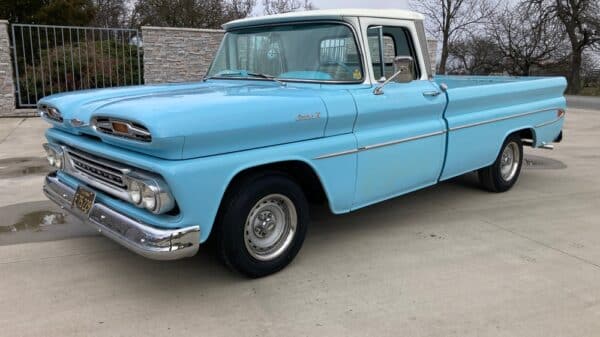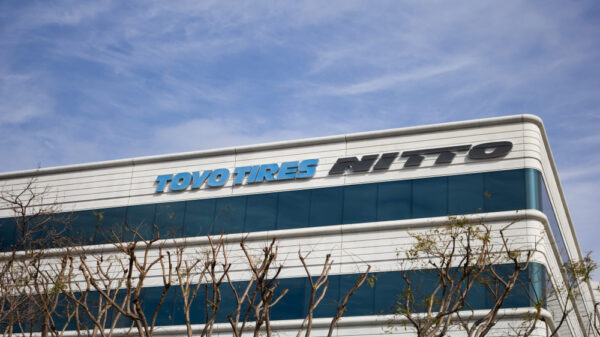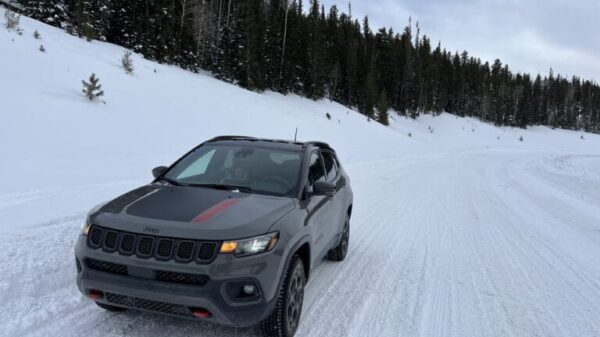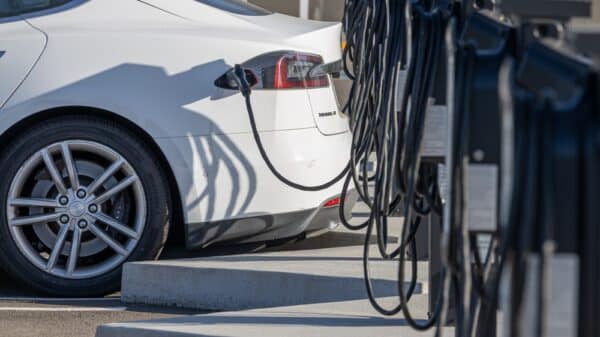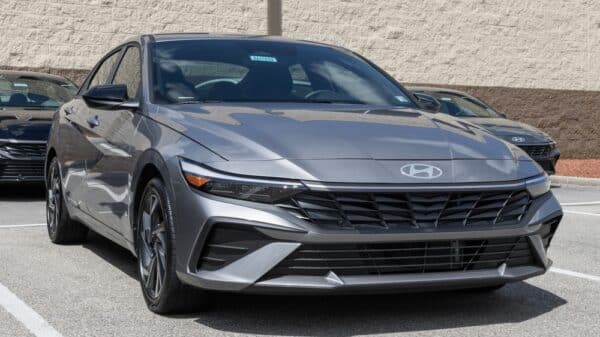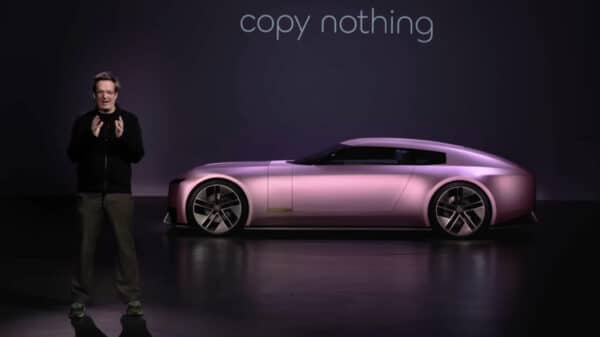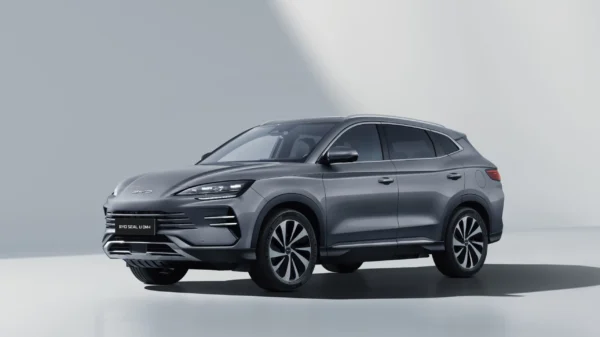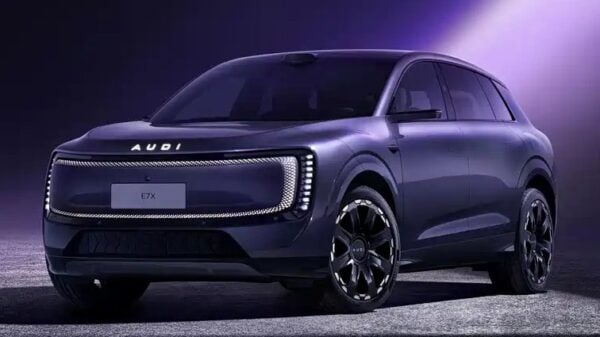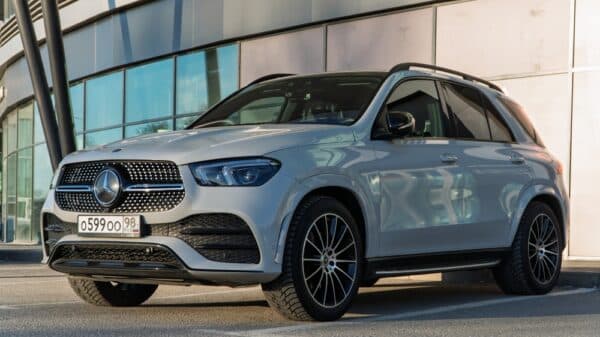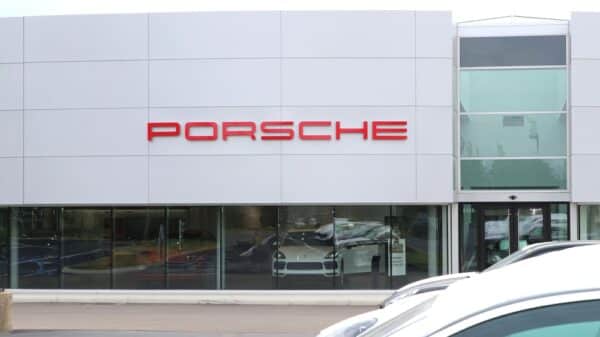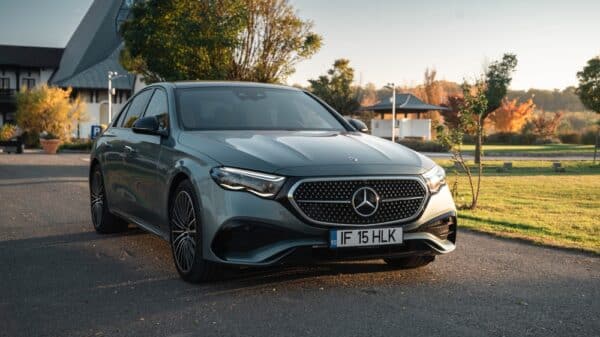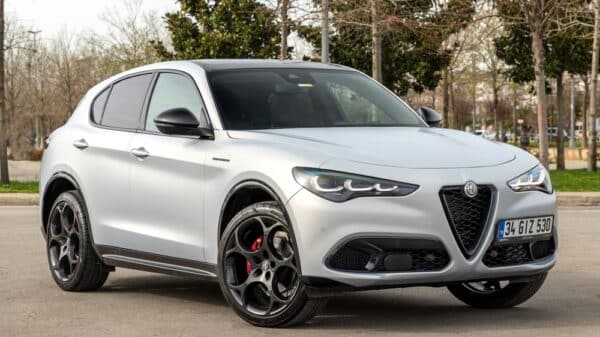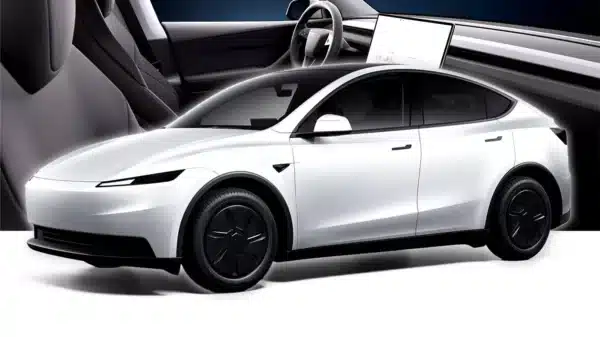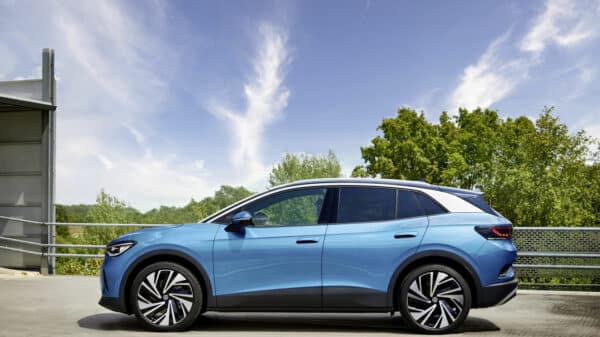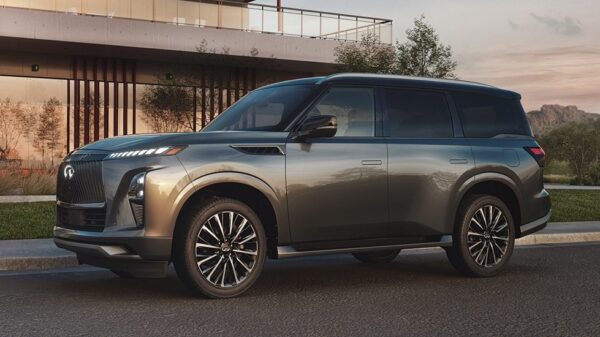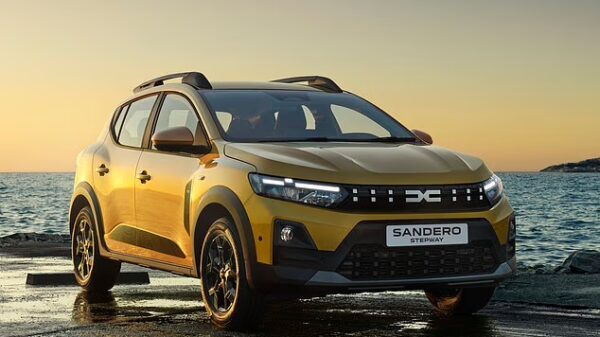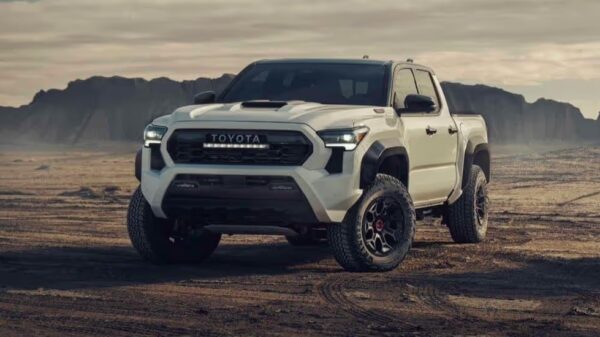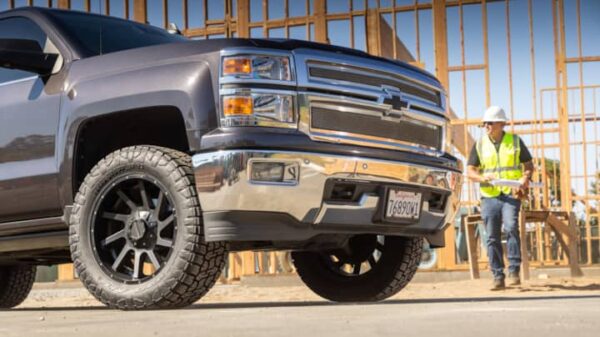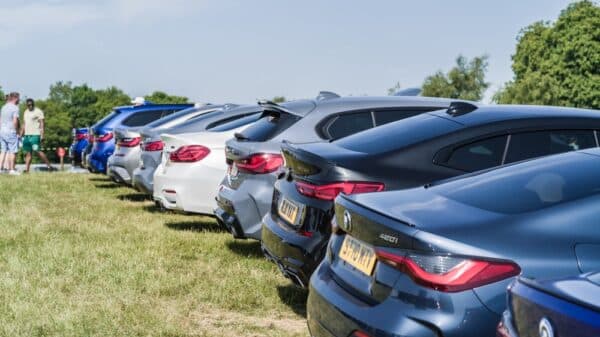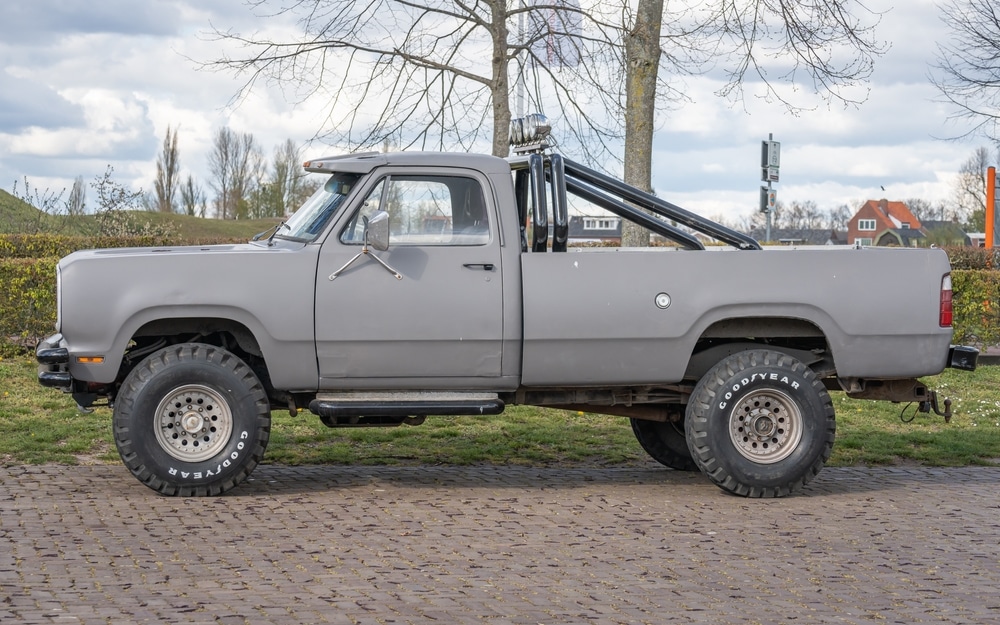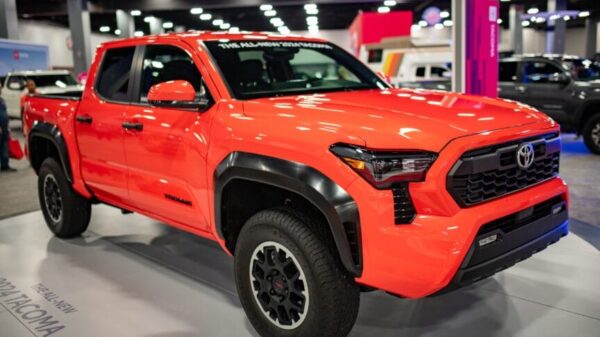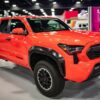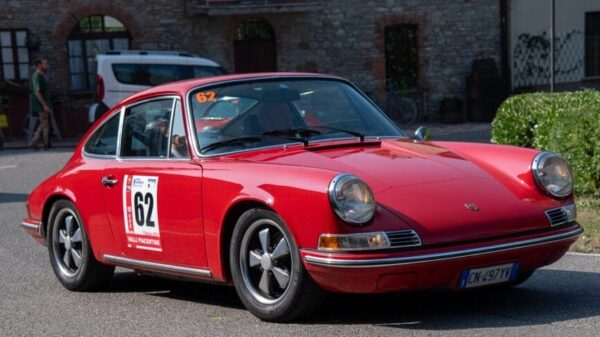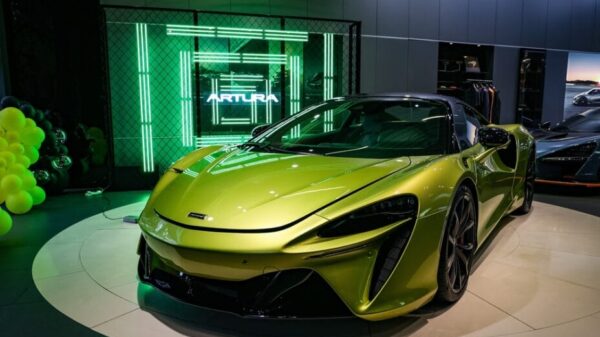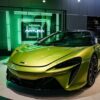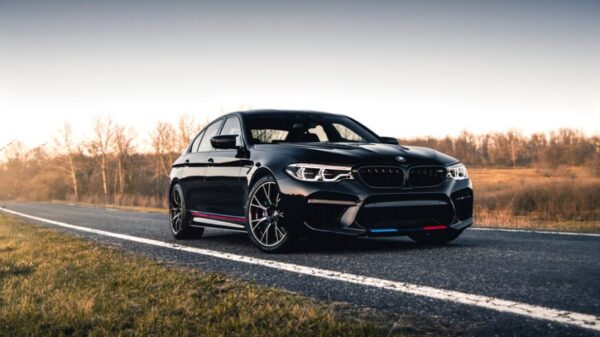In the evolving landscape of electric vehicles (EVs), Canadian startup Edison Motors is paving the way for innovative retrofitting solutions. Their upcoming kit is designed to convert traditional combustion-powered pickup trucks into Extended-Range Electric Vehicles (EREVs). This exciting development not only enhances fuel efficiency but also caters to the needs of truck enthusiasts who wish to retain their beloved vehicles while embracing electric motion.
Understanding Extended-Range Electric Vehicles
Extended-Range Electric Vehicles function similarly to conventional electric cars but have an additional combustion engine that acts as a generator, alleviating range anxiety. While traditional EVs depend solely on battery power, EREVs provide a safety net with their secondary engine, enabling users to travel longer distances without the worry of battery depleting. This innovative architecture is captivating the attention of automakers, especially following the discontinuation of models like the BMW i3 and Fisker Karma.
Current Innovations from Major Players
Major automotive brands, including Ram with its 1500 REV and Jeep with the Grand Wagoneer EREV, are actively developing various models equipped with these advanced powertrains. However, the substantial cost of these new vehicles makes them less accessible to everyday consumers. Edison Motors seeks to bridge this gap with a straightforward retrofitting option that can extend the usability of older pickups.
Edison Motors: Transforming Legacy Trucks
Through its unique kit, Edison Motors targets truck owners who do not wish to part with their existing vehicles. This solution promises to slash fuel expenses by as much as 30%, appealing to those looking to modernize without starting anew. The company recently made headlines with its diesel hybrid log haulers and is now venturing into enhancing the passenger truck segment.
Prototyping and Real-World Testing
Edison has developed two working prototypes, showcasing electric motors that directly power each axle. This design differs from traditional setups, allowing for efficient torque application without straining components like U-joints. The introduction of a battery system that fits unobtrusively beneath the vehicle preserves the truck bed for essential storage. Furthermore, the current prototypes showcase a Cummins diesel engine, which will eventually transition to a CAT motor powered solely by diesel.
Technical Specifications and Options
The anticipated retrofitting kit comes with various options, including a single electric motor producing 350 horsepower or a dual-motor setup yielding a robust 500 horsepower and an astonishing 8,800 pound-feet of torque. Equipped with a lithium iron phosphate battery with a voltage rating of 600 volts and a capacity ranging from 60 to 90 kilowatt-hours, the motors promise efficient performance. Additionally, the kit will include features for DC fast charging, which enhances its appeal. However, Edison has yet to specify charging capacities.
Future Prospects and Market Positioning
Currently, Edison Motors engages in extensive testing of its prototypes, exploring plans to offer two versions of the retrofit kit: one for hands-on consumers and another as a pre-fabricated chassis suitable for various truck bodies. While pricing details are still forthcoming, expectations suggest a competitive cost, ideally positioned between one-third and half of new pickup prices, contingent on selected options. Potential buyers should also factor in labor costs for installation, along with the necessity of regular charging to avoid carrying excess weight from the battery.
Conclusion
Edison Motors stands at the forefront of a turning point in automotive history, blending traditional pickups with modern electric technologies. The prospect of converting familiar vehicles into EREVs not only enhances sustainability but also opens new avenues for cost savings and efficiency for truck enthusiasts. With the promise of more affordable options on the horizon, this innovative approach could redefine the future of pickup trucks, merging nostalgia with cutting-edge technology.


